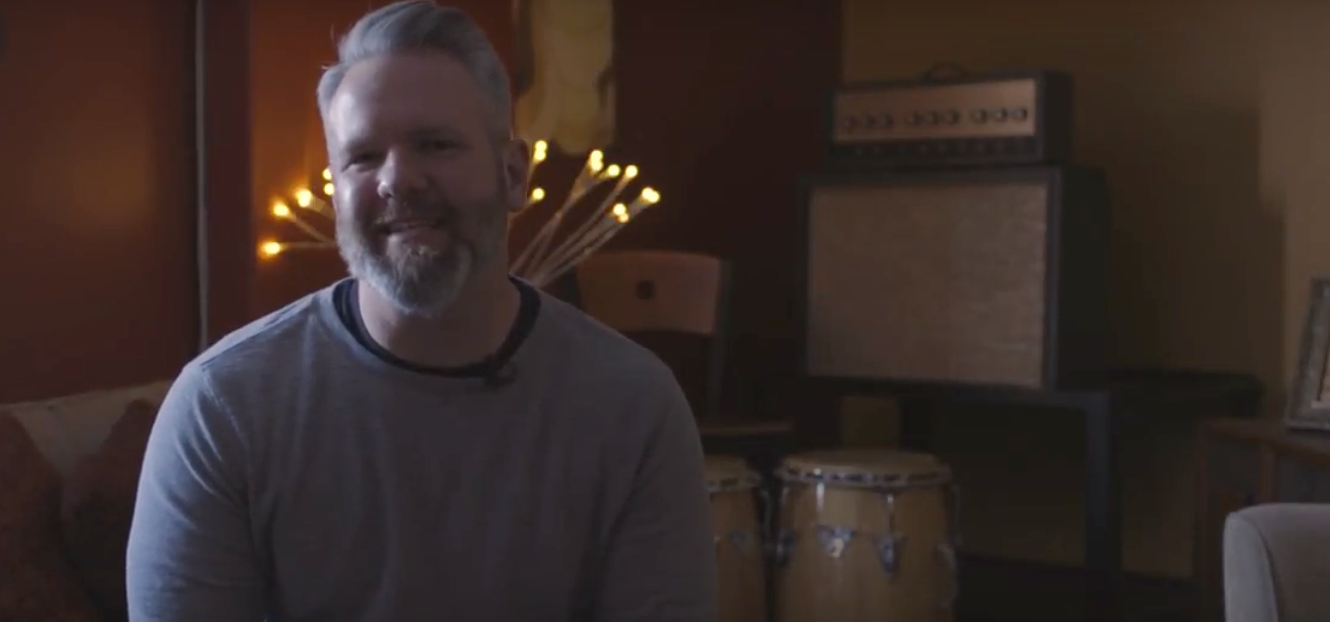All church staff members need time off, but our responsibilities on the weekend mean that—even in our absence—we bear the burden of finding and training excellent help to ensure things run smoothly and our people have the best possible experience at church.
When we’re there, we can troubleshoot and solve problems easily. We can make snap decisions and adjustments on the fly.
When we’re absent, these things become much more difficult. Volunteers are often unsure what authority they have, what responsibilities they carry on our behalf, and tend to demonstrate their lack of commitment to the highest standards of excellence in ministry.
Here’s a few things we need to ensure before we’re away (and, equally, before we cancel a mid-week rehearsal):
- Clearly communicate expectations of both performance and behavior to our team.
- Identify potential weaknesses and put a plan in place to shore them up. Often, this plan will begin with a phone call to those involved (an inexperienced guitar player, or someone with a tendency to rattle on into the mic) and ask them how they’re preparing, while once again reinforcing our expectations and thanking them for their involvement.
- Create a list of essentials—things that have to happen, when those things have to happen, and how those things should be executed in every appropriate circumstance. These are things like closing the auditorium doors when the lights are dimmed, dimming the lights during a film clip, keeping the tech booth lights up, starting video clips promptly, opening the doors 5 minutes prior to the service, etc.).
- Plan strategically for your absence, keeping solid team members in key locations to mitigate disaster. For example, it makes poor sense to schedule four fledgling musicians together.
- Decide in advance who you’ll rely on and tell them why they matter so much.
fossores
Dr. David McDonald is the teaching pastor at Westwinds Community Church in Jackson, MI. The church, widely considered among the most innovative in America, has been featured on CNN.com and in the Wall Street Journal, the New York Times, and Time Magazine.
David weaves deep theological truths with sharp social analysis and peculiar observations on pop culture. He lives in Jackson with his wife, Carmel, and their two kids. Follow him on twitter (@fossores) or online at fossores.com
Related posts
Categories
Category Cloud
Tag Cloud
Recent Posts
- Victors and Victims November 6, 2018
- 3 Hacks for Happiness October 29, 2018
- Hope Against Death September 20, 2018
- The Shape Of The Cross September 19, 2018


